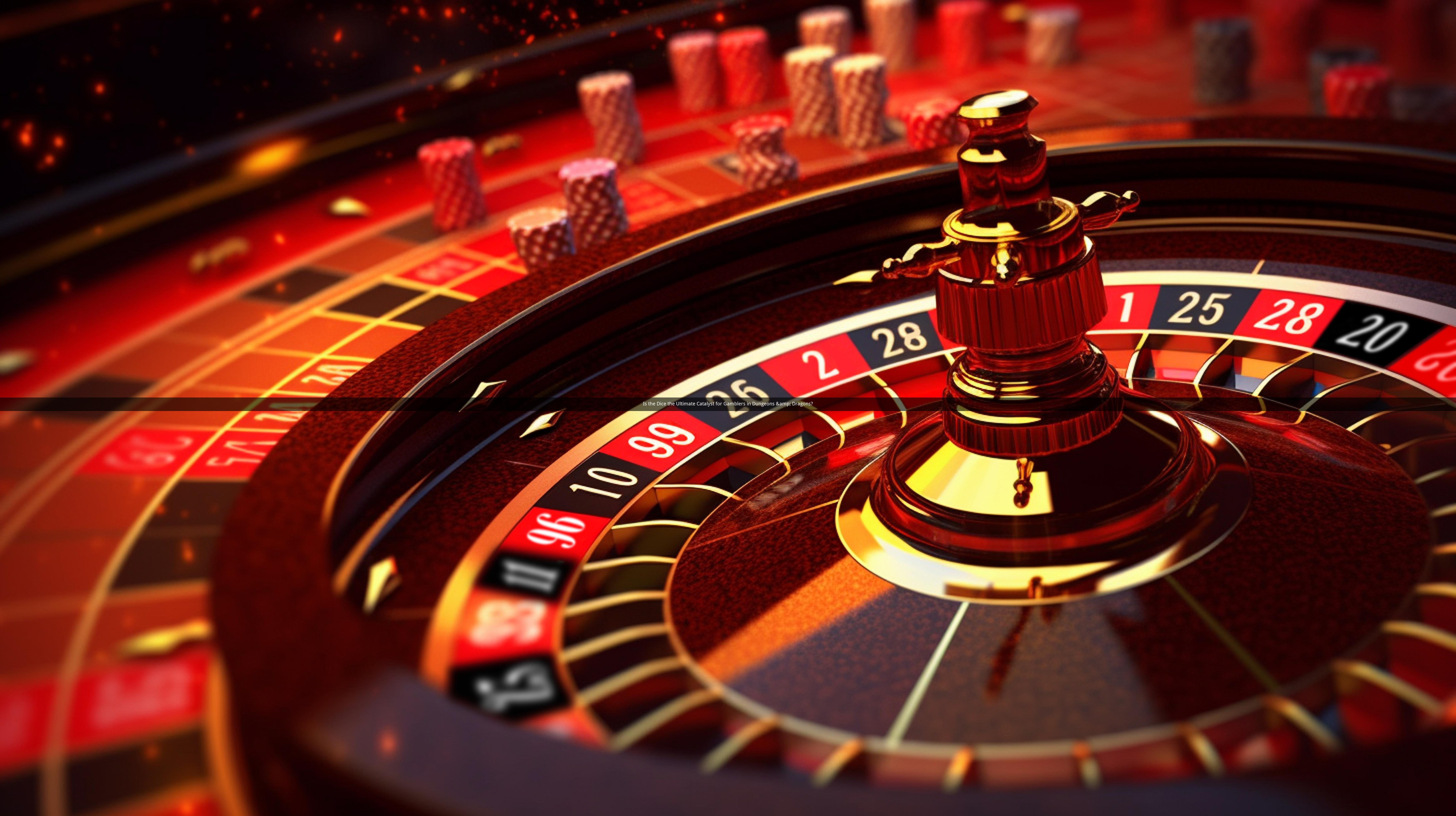
Table of Contents
1. The Evolution of Dice in Gaming
2. The Significance of Dice in Dungeons & Dragons
3. The Psychology Behind Dice Rolling in D&D
4. The Art of Dice Control
5. The Contrast Between Skill and Chance
6. The Role of Dice in D&D Communities
7. Real-World Applications of Dice in Gaming
8. The Future of Dice in Dungeons & Dragons
---
1. The Evolution of Dice in Gaming
Long before the advent of sophisticated video games, dice were the backbone of many games. They represented the element of chance, the unpredictable force that could turn the tide of battle or determine the outcome of a quest. From the ancient Roman dice games to the modern-day Dungeons & Dragons, the dice has remained a steadfast companion in the realm of gaming.
2. The Significance of Dice in Dungeons & Dragons
In Dungeons & Dragons, dice are not just a tool for determining the outcome of actions; they are a symbol of the game's essence. Each roll of the dice represents a moment of suspense, a chance for the player to prove their character's skills or succumb to fate. The dice, with their unique patterns and symbols, have become a ritualistic part of the gaming experience.
3. The Psychology Behind Dice Rolling in D&D
The act of rolling dice in D&D is not just a mechanical process; it is a psychological one. Players often become attached to their dice, treating them as lucky charms or extensions of their characters. The anticipation of rolling a high number, the disappointment of a low roll, and the relief of a critical success are all emotions that dice rolling elicits.
4. The Art of Dice Control
While many players believe that dice control is an art, the reality is that it is largely a myth. The randomness of dice is a fundamental aspect of their design, ensuring that each roll is unpredictable. However, some players have developed techniques to improve their dice rolling, such as using weighted dice or rolling with a specific grip.
5. The Contrast Between Skill and Chance
In D&D, the contrast between skill and chance is a delicate balance. Players must rely on their characters' abilities to succeed, but the dice can always intervene. This contrast adds depth to the game, allowing for moments of triumph and despair that are unique to the gaming experience.
6. The Role of Dice in D&D Communities
Dice are not just a tool for play; they are a symbol of community. Collectors and enthusiasts often gather to trade, discuss, and share their favorite dice. The dice have become a part of the identity of many D&D players, representing their journey through the game's vast world.
7. Real-World Applications of Dice in Gaming
The use of dice in D&D has inspired real-world applications in various fields. From board games to simulations, the dice has become a universal tool for introducing chance into various scenarios. Its presence in gaming has even influenced the design of modern-day games, where dice are used to create a sense of unpredictability and excitement.
8. The Future of Dice in Dungeons & Dragons
As the gaming industry continues to evolve, the role of dice in Dungeons & Dragons may change. With the advent of virtual reality and augmented reality, it is possible that the physical dice may become less prevalent. However, the essence of dice rolling, the thrill of chance, will likely remain a fundamental aspect of the game.
---
Is the Dice the Ultimate Catalyst for Gamblers in Dungeons & Dragons?
The answer to this question lies in the heart of every player who has ever rolled a dice in a D&D game. For some, the dice are a source of excitement and anticipation, a tool that can bring joy or despair. For others, the dice are a reminder of the game's unpredictability, a challenge to be embraced and overcome.
Questions and Answers
1. Q: How do dice contribute to the storytelling aspect of Dungeons & Dragons?
A: Dice add a layer of unpredictability to the story, allowing for unexpected twists and turns that can enrich the narrative.
2. Q: Can dice control improve a player's chances of success in D&D?
A: While dice control is a popular belief, it is not scientifically proven to affect the outcome of dice rolls.
3. Q: Why are some players superstitious about their dice in D&D?
A: Players often develop attachments to their dice, treating them as lucky charms or extensions of their characters.
4. Q: How do dice compare to other methods of determining outcomes in games?
A: Dice offer a unique combination of simplicity, randomness, and symbolism that sets them apart from other methods.
5. Q: What role do dice play in the competitive aspect of Dungeons & Dragons?
A: In competitive play, dice can determine the winner, adding an element of strategy and chance to the game.